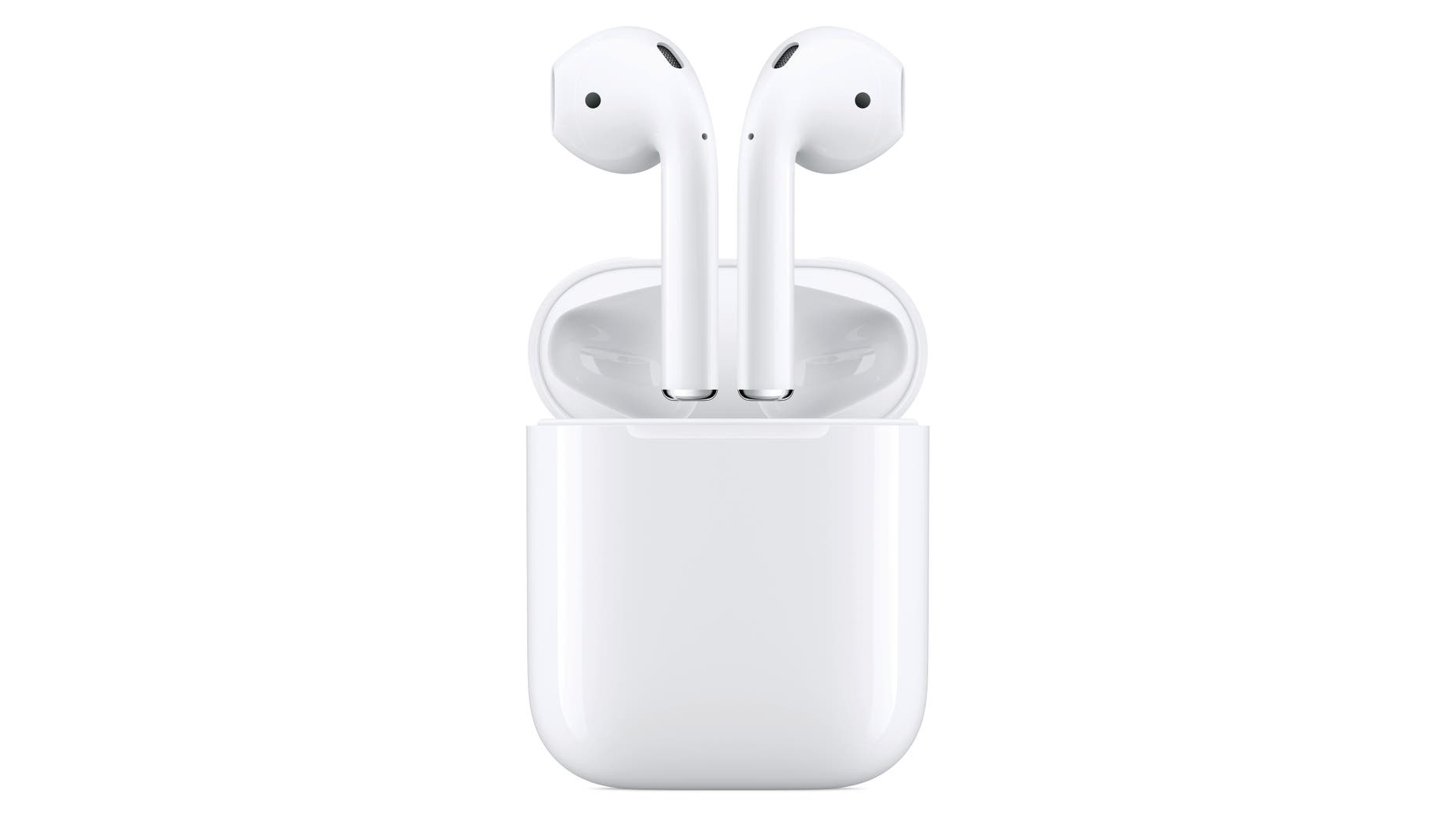Snap is a great little factory for social-media invention, and a lousy business that loses money and executives at a higher rate than any of its peers. Whether it can ultimately remain an independent company hinges on two things: inventing something that others have a harder time copying than they have had to date; and building revenue products that can make the company profitable and entice executives to stay beyond a few months.
At its first-ever partner summit today, Snap sought to turn the focus away from its bruising post-IPO history and toward the future: one in which Snapchat stories make their way onto Tinder and Houseparty; Snap ads appears in other developers’ apps; a burgeoning video game platform and growing roster of original programs keep teens engaged with Snapchat longer; and the Eiffel Tower begins puking rainbows.
Taken together, Thursday’s announcements did little to explain how Snap will find new users, which seem to have leveled off at a still-robust 186 million people daily. But CEO Evan Spiegel did effectively describe how Snap can capture more of its users’ time and attention. Snap reaches 75 percent of 13- to 34-year-olds, Spiegel said on stage Thursday, and 90 percent of 13- to 24-year-olds. Spiegel’s best argument to doubters is that however big a lead Facebook might have as it prepares to pivot to privacy, Snap still owns the future.
For its first-ever major public event, Snap pulled out all the stops. The company built a small, temporary village in a Hollywood studio lot — a location that underscored the company’s ties to the entertainment industry, and distinguished the event from Silicon Valley’s cookie-cutter development conferences. (The event took place on the lot where “The Social Network” was filmed, as Alex Heath points out.) Art installations encouraged visitors to take snaps, and augmented-reality lenses brought studio buildings to virtual life. If you snapped someone’s badge, their Bitmoji would pop out and wave.
The keynote presentation began on time, with dramatic music rising to a crescendo over a spoken-word intro from the radio and television pioneer David Sarnoff. As the music hit its peak, the stage turned yellow, and Spiegel walked out to applause. None of it was necessary, but it all looked very cool, and the ability to pull off something cool tends to be underrated in the apps where we older folks spend most of our time.
Over the next 40 minutes, Spiegel and a small handful of executives laid out their announcements. (I imagine it was exciting for them to be able to address a large group in public without having to brandish a heart-shaped purple geode.) Afterward, developers were invited into adjacent sound stages to learn more about the various new tools Snap was making available to them. I ate bulgogi bao buns, took a selfie with a person in the Snapchat ghost, and tried to maintain my composure when Cindy Crawford walked by, looking like a billion dollars as usual.
I also tried to gauge the mood of developers about the day’s news. On the whole, everyone I spoke to seemed intrigued by Snap’s announcements, if relatively non-committal. A woman who works in augmented reality told me that Snap’s tools are good, but that every AR platform is basically the same, and where you decide to build your filters is largely a matter of personal preference. Two founders I spoke with, who built stickers to let their users share content back to Snap, were hopeful it would help them build a younger audience. A Snap employee told me about his work with pride, then approached a venture capitalist I know and mentioned he might be looking for a new job a few months from now.
But if we’ve learned nothing else, it’s that the ideas that incubate at Snap have a way of taking over the entire social-media industry. On stage, Spiegel showed a slide that ticked off the company’s contributions to social networks: ephemeral messaging, vertical video, stories, AR lenses, a real-time map of your friends’ locations, and Bitmoji personalized avatars. I don’t know whether Snap’s take on games — live, multiplayer, augmented with voice and text chat — will prove to be a winning formula. But if it is, I know we’ll see it everywhere.
One of my chief frustrations about Snap is that we hear so little from Spiegel, who despite his faults as a manager remains one of the foremost thinkers about social apps. His view of the world always seems about 30 degrees off from everyone else’s, and his betting record is good. “The internet started as a military research project,” he noted on stage Thursday. “It’s just not our natural habitat.” With Snap, he said, he hoped to “combine the superpowers of technology with the best of humanity. Things like friendship, compassion, creativity, generosity, and love.” It’s easy to imagine the Silicon Valley parody of a speech like that, but in the moment I believed him.
Democracy
Facebook, Google to testify before Congress about spread of white nationalism
Performative yelling returns to Congress on Tuesday, Tony Romm reports:
The scheduled April 9 hearing by the House Judiciary Committee seeks to probe “the impact white nationalist groups have on American communities and the spread of white identity ideology,” the panel announced Wednesday, along with “what social media companies can do” to stop the spread of extremist content on the web.
Interview with Facebook CEO Mark Zuckerberg
George Stephanopoulos found out the hard way that tech company CEOs just don’t say very much when you interview them.
Australia Passes Law to Punish Social Media Companies for Violent Posts
The law I covered here yesterday passed in Australia, creating criminal penalties for tech platforms that host violent content. How will Facebook respond? (Note that the United Kingdom is already considering a similar bill.)
Australian election: Facebook restricts foreign ‘political’ ads but resists further transparency
And speaking of Australia, Facebook is bringing its election-integrity initiatives there, the company announced today:
Facebook has announced it will restrict “political” ads from being bought by non-Australians during the election campaign, but will not be rolling out other key political ad transparency features used in other countries until after the election.
In a blog post published on Friday, Mia Garlick, director of policy for Facebook Australia, detailed the company’s plans to combat misinformation and foreign interference during the Australian election campaign.
Twitter stops blocking French government’s ad campaign
Somehow a Twitter policy meant to protect against the spread of fake news meant that the French government could not buy sponsored posts encouraging people to vote, which is the absolute most perfect Twitter story I have heard in DAYS:
Twitter said Thursday it has stopped blocking French government ads calling on people to vote after it came under fire from authorities for being overzealous in applying a law aimed at banning fake news.
The social media company modified its policy after executives met with French government officials, saying it has now decided to authorize such ads “after many exchanges.”
Discovering Hidden Twitter Amplification
Andy Patel at security company F-Secure has a nice data visualization of some suspicious activity on Twitter. It still seems to be trivially easy to game Twitter’s amplification systems and create the impression that right-wing ideas are more popular than they are.
Elsewhere
Facebook’s Ad Algorithm Is a Race and Gender Stereotyping Machine, New Study Suggests
Sam Biddle covers new research from Northeastern University, the University of Southern California, and the public-interest advocacy group Upturn. It suggests that Facebook’s ad algorithm has disturbing biases baked into it:
For one portion of the study, researchers ran ads for a wide variety of job listings in North Carolina, from janitors to nurses to lawyers, without any further demographic targeting options. With all other things being equal, the study found that “Facebook delivered our ads for jobs in the lumber industry to an audience that was 72% white and 90% men, supermarket cashier positions to an audience of 85% women, and jobs with taxi companies to a 75% black audience even though the target audience we specified was identical for all ads.” Ad displays for “artificial intelligence developer” listings also skewed white, while listings for secretarial work overwhelmingly found their way to female Facebook users.
Although Facebook doesn’t permit advertisers to view the racial composition of an ad’s viewers, the researchers said they were able to confidently infer these numbers by cross-referencing the indicators Facebook does provide, particularly regions where users live, which in some states can be cross-referenced with race data held in voter registration records.
Facebook is partnering with a big UK newspaper to publish sponsored articles downplaying ‘technofears’ and praising the company
Rob Price finds that Facebook has a robust sponsored content program going on in the United Kingdom. (My favorite post from the series would definitely be “Technophobia: why technofears have dominated history.”)
Amazon Cloud Storage Dilemma Exposed in Facebook’s Latest Leak
Matt Day and Sarah Frier report that a security researcher tried to get Amazon to remove a giant, unsecured bucket of Facebook user data from AWS servers for weeks. But Amazon ignored him.
Creators find their second act with YouTube — as employees
Megan Farokhmanesh profiles YouTubers who stop making videos and go work for the companies:
Kovalakides’ transition into the corporate YouTube world has allowed him to better understand the struggles creators face. Revenue is a constantly moving target, unlike the reliable paycheck of a YouTube employee. Putting yourself out there every day online can be an exhausting emotional journey. “I try to convey the experience of that to YouTube, the company, as much as I can,” he says. The company can have an adversarial role with its creators, who feel the impact of platform changes more acutely than anyone else. “I try to make it clear to people that [changes to YouTube] could affect people’s careers, and lives, and jobs, since they’re sitting on top of our business at YouTube. If we make any kind of slight change, they’re going to feel it under their feet.”
Part of YouTube’s strategy has been putting its own employees in front of the camera. According to Kovalakides, there’s always been “a bit of paranoia” about what YouTube employees can say to creators. Channels like Creator Insider are working to strengthen that relationship. It kicked off some two years ago with an internal conversation around employees knowing their own platform firsthand. If YouTube employees wanted to understand what it meant to be a creator, they’d have to use their own product.
The armchair psychologist who ticked off YouTube
Angela Chen profiles Chris Boutté, who grew a popular channel by doing armchair psychological analysis of other YouTubers without their permission. I can understand why this channel is successful and also oh my God can you even imagine???
The more a channel grows, the more it attracts criticism, and Boutté found himself at the center of controversy back in January. Then, YouTube personality Trisha Paytas posted a video criticizing Boutté for making so many videos about her, including speculating over whether she should be in a relationship with fellow YouTuber Jason Nash. “It pisses me off so much, he does so many videos about me and Jason and our relationship, as if he’s a relationship expert,” Paytas says in the video. “He does judgments just by looking at our videos … He acts like he’s such an expert, it’s honestly dangerous and it’s honestly unhealthy.”
Other YouTubers, like Dustin Dailey, Ashlye Kyle, and Viewers Voice then posted similarly critical videos. According to his critics, Boutté, who is not professionally licensed, is running a gossip channel dressed up in the guise of mental health advocacy and profiting by milking the drama of other people’s personal lives. (All these YouTubers declined to comment for this article.) Though Boutté has since made his videos about Paytas private, the controversy brings a classic ethical dilemma around mental health into the digital realm and reveals the challenges around finding an appropriate way to mix mental health, education, and making money on a largely unregulated platform.
Launches
WhatsApp’s Business app comes to the iPhone
You can now do WhatsApp business on your iPhone, if you have a business.
Takes
Australia’s Terrible New Law ($)
Ben Thompson says Australia’s move to force tech companies to detect violent content before it’s even posted will lead to a dramatic chilling of speech:
The hidden victims of overly broad regulation focused on companies like YouTube and Facebook are all of the infrastructure providers that makes sites like Stratechery possible. Any hosting provider with a brain — or email service or message board or anything that hosts content from users — would be wise to simply block Australia completely. This law is a disaster, and a reminder that tech companies owe it to the Internet to get their houses in order before everything becomes far, far worse.
The Incredible Shrinking Apple
Farhad Manjoo wonders why Apple isn’t doing more to address the larger societal problems emanating from the iPhone:
All around Apple, the digital world is burning up. Indirectly, Apple’s devices are implicated in the rise of misinformation and distraction, the erosion of privacy and the breakdown of democracy. None of these grand problems is Apple’s fault, but given its centrality to the business, Apple has the capacity and wherewithal to mitigate them. But instead of rising to the moment by pushing a fundamentally new and safer vision of the future, Apple is shrinking from it.
And finally ...
Instagram Influencers Are Wrecking Public Lands. Meet the Anonymous Account Trying to Stop Them
Anna Merlan interviews the man behind Public Lands Hate You, an Instagram account that shames influencers for doing sponsored content on public lands:
The photo that really kind of got me more on the influencer path, specifically, and sponsored posts, was a girl in the middle of the poppies holding a can of Campbell’s soup. I’m like: who the fuck thinks it’s a great to idea to haul up a plastic jar of soup, hold a can out and say, “This is a great hike, you all should buy some Campbells soup”? You’ve got to be out of your mind.
That’s what pushed me over the edge.
If hiking is part of your weekend plans, please — leave your soup at home.
Talk to me
Send me tips, comments, questions, and snaps: casey@theverge.com. (My Snapchat name is crumbler.)
Let's block ads! (Why?)
https://www.theverge.com/interface/2019/4/5/18296063/snap-gaming-snapchat-teens-advertising
2019-04-05 10:00:00Z
52780258748082






